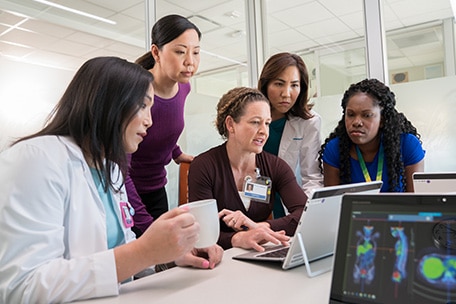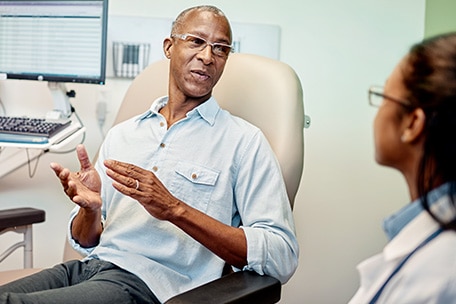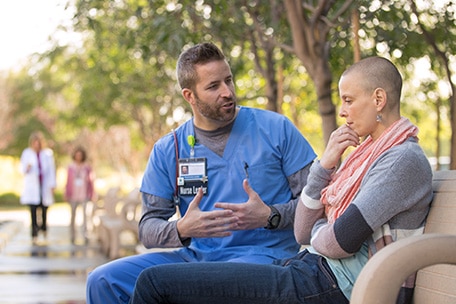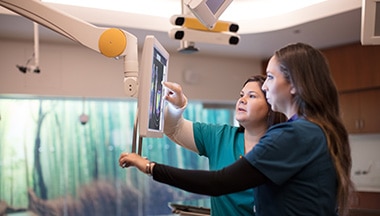Footnotes
- Kaiser Permanente Research Brief: Cardiovascular Disease , Kaiser Permanente, March 2025. Continue at 1
- “U.S. News Best Hospitals 2025-2026,” U.S. News & World Report , accessed October 21, 2025, health.usnews.com/best-hospitals#rankings . Continue at 2
- Elizabeth A. McGlynn, PhD, et al., “Measuring Premature Mortality Among Kaiser Permanente Members Compared to the Community,” Kaiser Permanente, July 20, 2022. Continue at 3
- Kaiser Permanente 2025 HEDIS® scores. Benchmarks provided by the National Committee for Quality Assurance (NCQA) Quality Compass® and represent all lines of business. Kaiser Permanente combined region scores were provided by the Kaiser Permanente Department of Care and Service Quality. The source for data contained in this publication is Quality Compass 2025 and is used with the permission of NCQA. Quality Compass 2025 includes certain CAHPS data. Any data display, analysis, interpretation, or conclusion based on these data is solely that of the authors, and NCQA specifically disclaims responsibility for any such display, analysis, interpretation, or conclusion. Quality Compass® and HEDIS® are registered trademarks of NCQA. CAHPS® is a registered trademark of the Agency for Healthcare Research and Quality. Continue at 4















